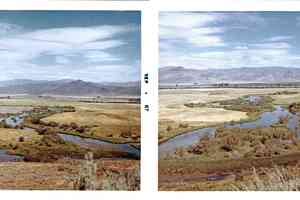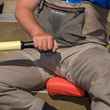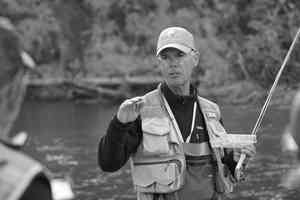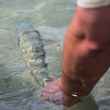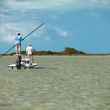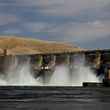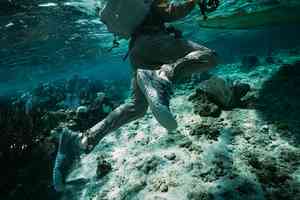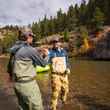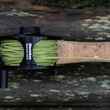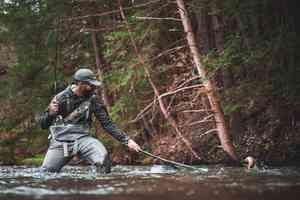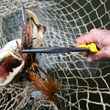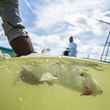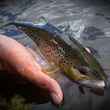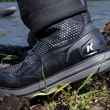The proposed Pebble Mine project received yet another blow yesterday when majority owner Northern Dynasty's (NAK) remaining partner, mining behemoth Rio Tinto (RIO) announced it would withdraw from the project and donate its 19% stake to regional charities.
After losing major partner Anglo American in September of last year, the Pebble Mine project has seen its prospects continue to dwindle in 2014. The EPA announced in March, after the release of its final assessment of the potential impact of large scale mining in the Bristol Bay region, that it would undertake a detailed review of the "potential adverse environmental effects of discharges of dredged and fill material associated with mining the Pebble deposit. The review delays the issuance of permits necessary for the project to move forward and may result in the EPA leveraging veto powers its is granted under section 404(c) of the Clean Water Act to permanently block the project.
